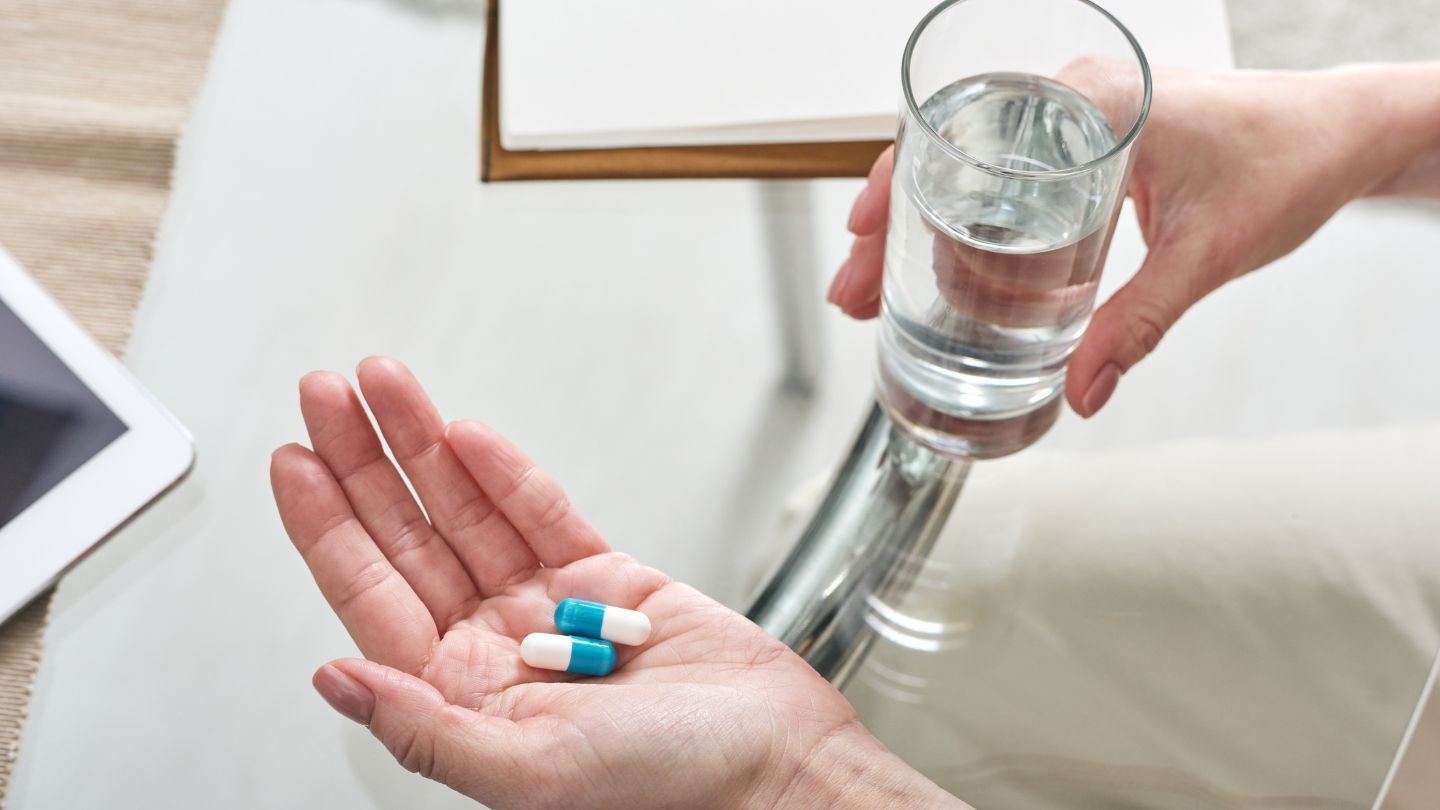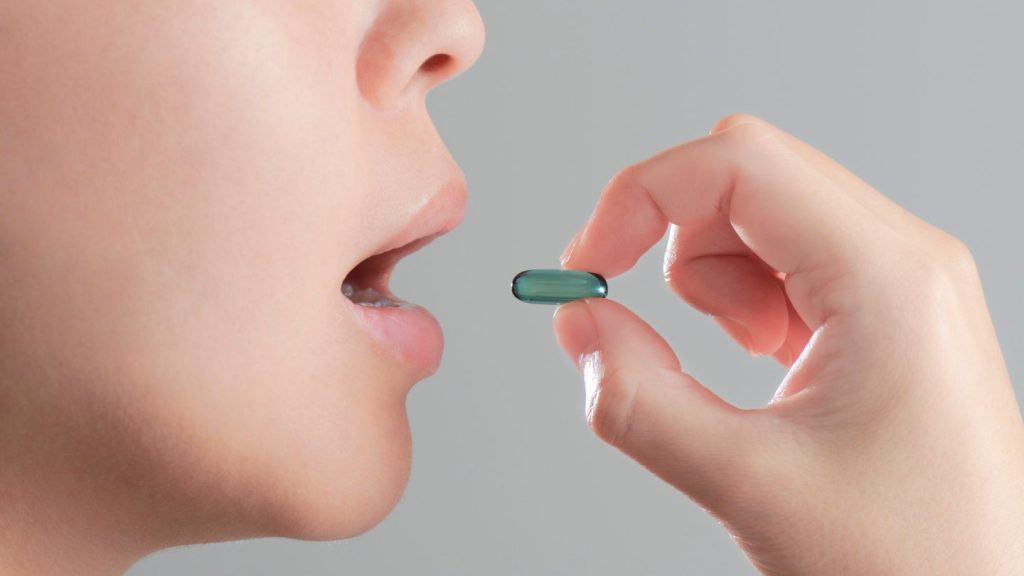
What Medication to Take and What to Avoid After Gastric Sleeve Surgery?
After gastric sleeve surgery, patients must carefully evaluate which medications are safe to take and which could interfere with recovery. Because the stomach’s size and function change significantly after surgery, the way drugs are absorbed also shifts. Choosing the right pain medication after gastric sleeve surgery and avoiding harmful options is crucial to prevent ulcers, bleeding, or ineffective treatment.
Understanding Medication Changes After Gastric Sleeve Surgery
The gastric sleeve procedure alters your digestive system, reducing stomach volume and changing how your body absorbs medications. This affects both prescription and over-the-counter options, requiring patients to follow strict guidance on medications to avoid after gastric sleeve surgery. Extended-release tablets, certain pain relievers, and anti-inflammatories may no longer process safely.
When it comes to weight loss medication vs surgery, the decision often hinges on several factors: how much weight you need to lose, existing health conditions, your body’s response to medical therapies, and the risks you’re willing to take. Medications may offer modest losses with lower upfront risk, but for substantial and sustained transformation, surgery often delivers more dramatic results. However, surgery demands permanent lifestyle changes and carries greater surgical risk.
If you’ve ever wondered what pain meds can I take after gastric sleeve, the answer depends on recovery stage, dosage form, and medical clearance.
Pre-Op Medication Preparation
Before surgery, your doctor may instruct you to stop using certain drugs that increase bleeding or delay healing. Avoid taking NSAIDs, ibuprofen, aspirin, or naproxen in the days leading up to surgery.
Discuss all current prescriptions with your bariatric surgeon so they can guide you on what medications can you not take after gastric sleeve and which can be safely continued or paused temporarily.
Immediate Post-Surgery: Pain Medications You Can Take
In the first few days after surgery, pain control is managed carefully. Acetaminophen (Tylenol) is generally considered the safest over-the-counter option. Some patients may be prescribed low-dose opioids for short-term use under close supervision.
Pain meds after gastric sleeve must be liquid or crushable for better absorption, as solid pills may irritate the new stomach lining.
Avoid NSAIDs, aspirin, and other anti-inflammatory drugs, as they can cause ulcers or internal bleeding during early healing. Patients frequently ask what pain medication can I take after gastric sleeve surgery, and the safest response always aligns with your surgeon’s personalized guidance.
Common Prescription and OTC Medications to Avoid

Knowing the medications to avoid after gastric sleeve helps prevent complications. High-risk categories include:
- NSAIDs (ibuprofen, naproxen, diclofenac)
- Aspirin, unless your doctor specifically requires a low-dose version
- Extended-release or delayed-release tablets
- Certain anticoagulants, unless monitored
- Steroids or hormone-based medications without professional guidance
If you’re unsure what pain medication can I take after gastric sleeve, always confirm with your healthcare team before taking anything new.
Safe Medications After Gastric Sleeve Surgery
Most patients tolerate acetaminophen-based pain medication after gastric sleeve surgery well. Short-acting opioids may also be prescribed temporarily for intense pain, but long-term use is discouraged.
When infection occurs, antibiotics may be used but should only be taken when necessary and under medical direction. Support your system with hydration and probiotics once cleared by your provider.
After gastric sleeve surgery, choosing what you sip and drink becomes just as important as what you eat. Your post-gastric-sleeve beverage guide emphasizes hydration with pure water, electrolyte solutions without sugar, and other gentle liquids. Avoid carbonated drinks, caffeinated beverages, or sugary juices that can bloat or irritate your altered stomach.
Vitamins, Supplements, and Probiotics
In the first few weeks, it’s usually best to hold off on supplements until your surgeon advises otherwise. After that, you may gradually reintroduce essential vitamins like B12, iron, and calcium. Probiotics can help restore gut health but must be timed properly to avoid gastrointestinal distress.
Your diet after gastric sleeve surgery progresses in stages , starting with clear liquids, then purees and soft foods, and eventually reintroducing lean proteins, vegetables, and healthy fats. Portion control and protein prioritization remain vital to support healing while minimizing digestive strain.
One Month and Beyond: Medication Management

After about a month, most patients begin adjusting to new routines. Your doctor may modify certain prescriptions or allow cautious reintroduction of mild anti-inflammatories if necessary. Always maintain communication with your care team and avoid making medication decisions independently.
Many patients continue to ask, “What pain medication can you take after gastric sleeve?” , the safest answer remains acetaminophen unless your doctor prescribes otherwise.
Understanding the timeline for gastric sleeve recovery helps you manage expectations during this period. The first week emphasizes rest and gentle walking. By the first month, energy gradually returns, diet diversifies, and physical activity increases. Between three to six months, weight loss stabilizes and new routines solidify. Full adaptation , physically and nutritionally , typically occurs between six and twelve months.
Final Thoughts
Managing pain medication after gastric sleeve surgery requires caution, patience, and continuous communication with your medical team. Knowing what medications can you not take after gastric sleeve and choosing safe alternatives helps ensure smooth healing and long-term success.
At Ascension Saint Agnes, patients having done gastric sleeve surgery in Baltimore receive professional guidance on what pain meds can you take after gastric sleeve and safe, personalized post-operative care for lasting recovery.
Frequently Asked Questions
What pain meds can I take after gastric sleeve?
Acetaminophen is typically recommended for mild to moderate pain. Short-term opioids may be approved for severe discomfort under supervision.
What medications can you not take after gastric sleeve?
NSAIDs, aspirin, and extended-release tablets are among the top medications to avoid after gastric sleeve surgery.
Can I take ibuprofen after surgery?
Ibuprofen is not recommended immediately after gastric sleeve due to risk of stomach irritation and ulcers.
How long until I can resume regular prescriptions?
Your surgeon will determine when your system can safely tolerate your prior medications , usually several weeks post-surgery.